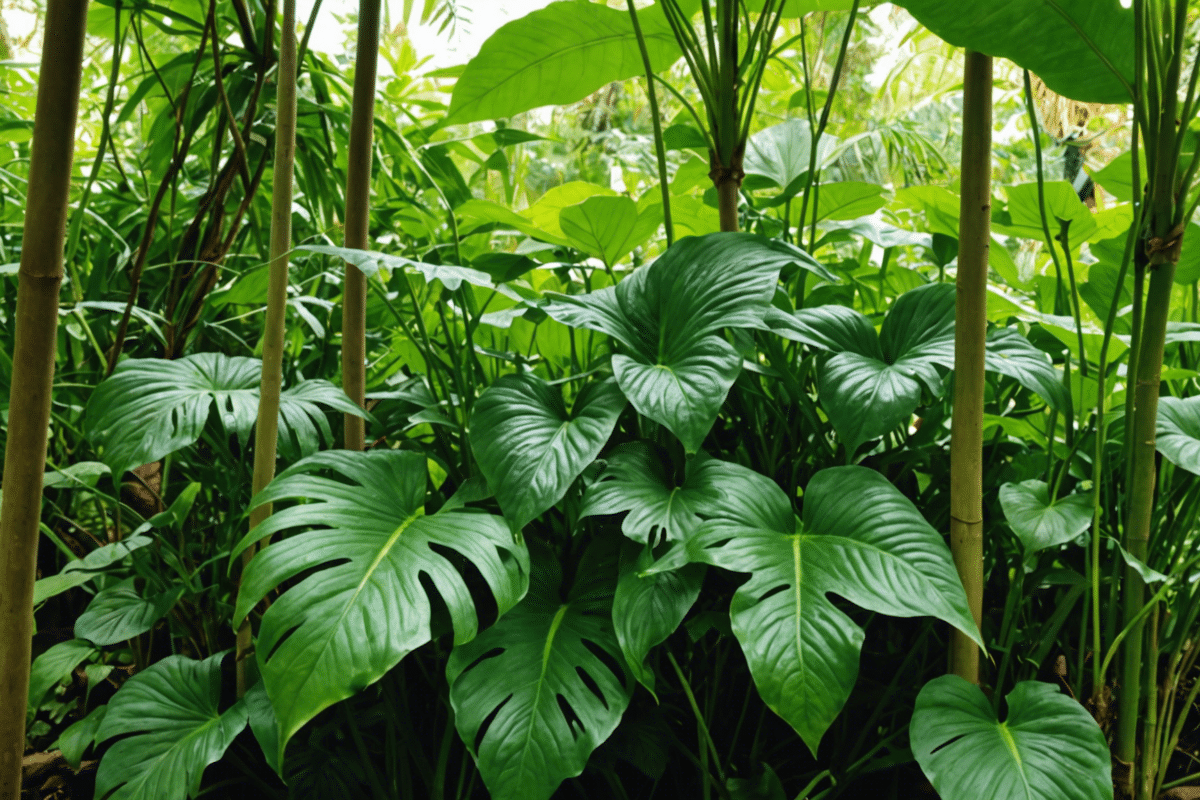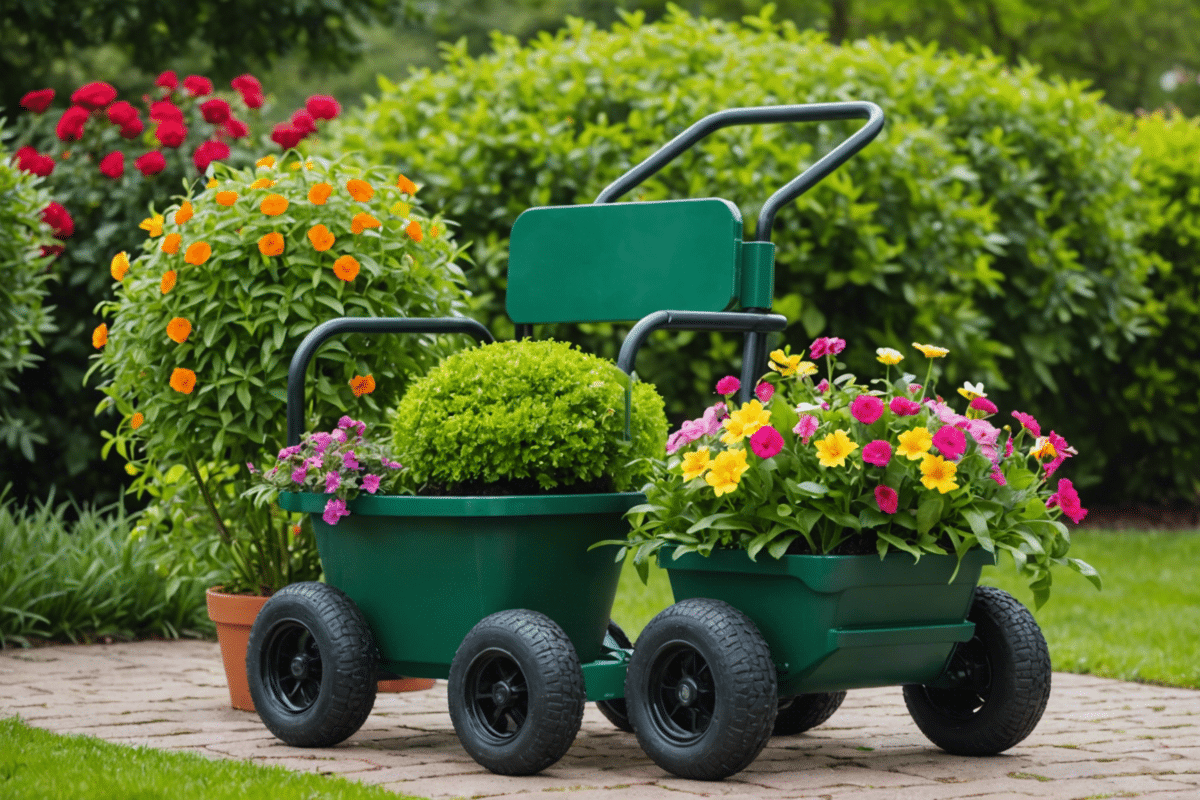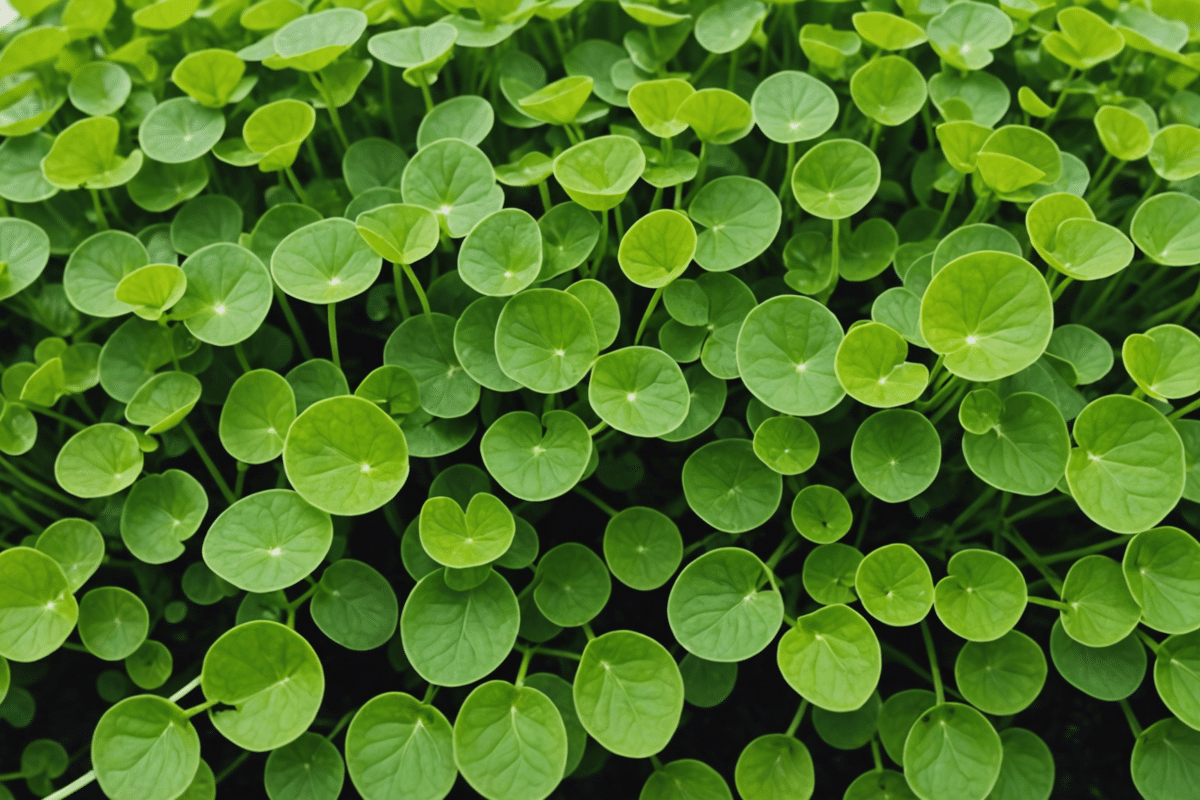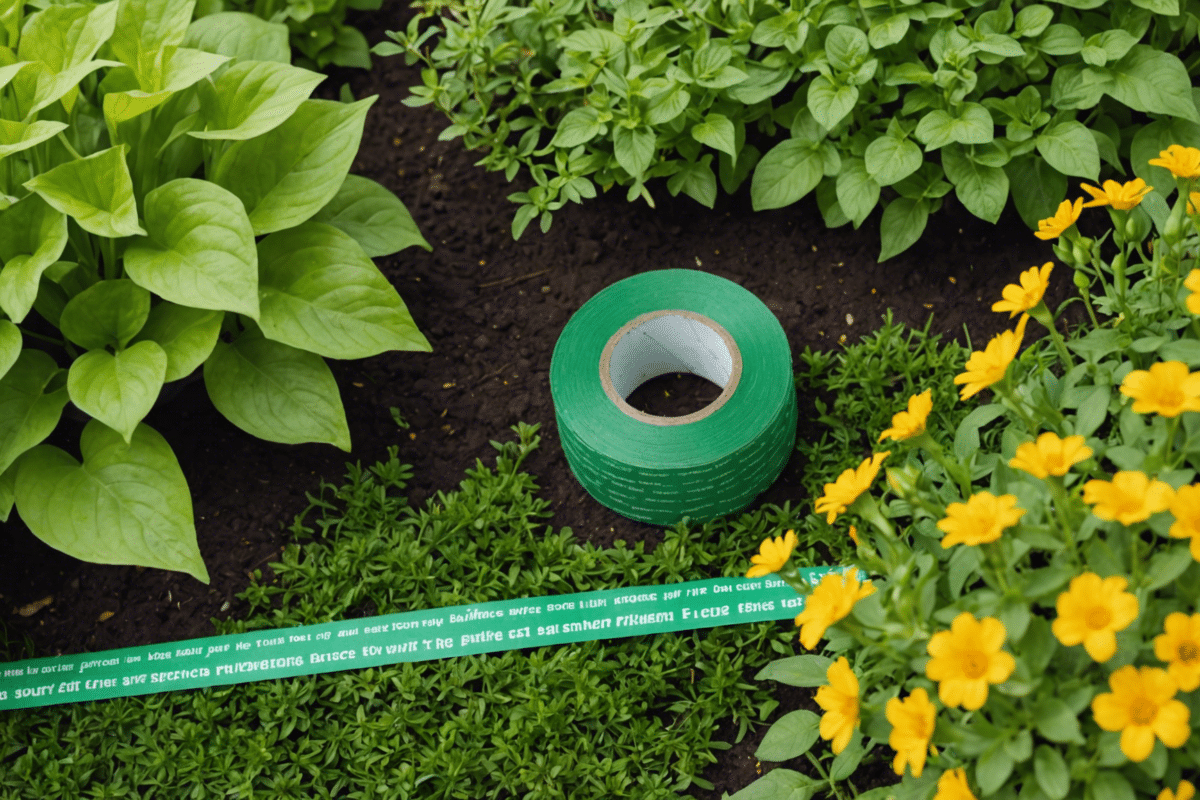Content
Delving into the world of gardening reveals a treasure trove of fascinating facts and invaluable insights for everyone from hobbyists to seasoned green thumbs. As we explore these compelling gardening facts, we’ll uncover not just the joy it brings but also its profound impact on our environment and well-being.
Historical Insights into Gardening

Gardening isn’t just a modern-day hobby; it has deep historical roots stretching back thousands of years. Ancient civilizations such as the Egyptians and Romans understood the importance of cultivating plants for food, medicinal purposes, and aesthetics. For instance, hieroglyphs depicting gardens have been found in the tombs of Egyptian pharaohs, illustrating the luxurious gardens designed to provide peace and fresh produce.
The Environmental Impact of Gardening
Gardening goes beyond beautifying our surroundings; it plays a significant role in environmental conservation. Plants act as natural air purifiers, absorbing carbon dioxide and releasing oxygen through the process of photosynthesis. Additionally, they help to reduce soil erosion and improve soil health by enhancing its structure and nutrient content. Rain gardens, specifically designed to absorb rainwater runoff, can also help prevent water pollution in nearby lakes and rivers. This sustainable approach supports local wildlife and promotes biodiversity.
Innovative Gardening Practices
With advancements in technology and a better understanding of botanical science, many innovative gardening techniques have come to the fore. One such practice is hydroponic gardening, where plants grow in a nutrient-rich solution without soil. This method not only saves space but is also efficient in water usage, making it a perfect solution for urban environments. Another intriguing development is vertical gardening, which allows for green spaces in tight spaces by growing plants upwards on walls or trellises.
- Hydroponics: Efficient use of resources and space, ideal for indoor environments.
- Vertical Gardens: Maximizes greenery in small areas, enhances air quality indoors and outdoors.
- Companion Planting: Natural method to deter pests and diseases, improve crop yields.
Benefits of Gardening on Mental Health
The psychological benefits of gardening are as rich as the soil it nurtures. Engaging with nature through gardening can significantly reduce stress, anxiety, and depressive symptoms. The repetitive tasks inherent in gardening such as digging, planting, and weeding promote mindfulness and present-moment awareness. Moreover, the satisfaction derived from seeing your plants grow and thrive can boost self-esteem and a sense of accomplishment.
The Attraction of Wildlife Through Gardening
Creating a garden space isn’t just beneficial to plant life but also to the local wildlife. Selecting the right combination of plants can attract a variety of birds, insects, and small mammals. Gardens designed with biodiversity in mind can serve as vital havens for wildlife, especially in urban settings where natural habitats are limited. For example, installing a simple bird feeder or cultivating native plants can make a significant difference in supporting local ecosystems.
FAQs Related to Gardening
What is the best time to start planting vegetables?
The best time to plant vegetables varies depending on the climate and the specific plant species. Generally, early spring is a safe bet for most vegetables, once the threat of frost has passed.
How can I naturally repel pests from my garden?
Using companion planting strategies is an effective way to naturally deter pests. For instance, planting garlic near roses can help repel aphids. Additionally, encouraging beneficial insects such as ladybugs can reduce the pest population.
Can gardening help in reducing carbon footprint?
Yes, gardening can play a role in carbon sequestration. By cultivating a variety of plants, especially trees and shrubs, your garden can absorb more CO2 from the atmosphere. Moreover, by growing your own fruits and vegetables, you can reduce reliance on store-bought options that might have a higher carbon footprint due to transportation and packaging.
As we explore the layers of interest within gardening, it’s clear that this passion is more than just a pastime. It’s a powerful contributor to our health, our planet, and our awareness of the natural world. Whether tending to a small container garden on a balcony or managing a sprawling backyard haven, the facts about gardening weave together an inspiring tapestry of life, growth, and ecological balance.












